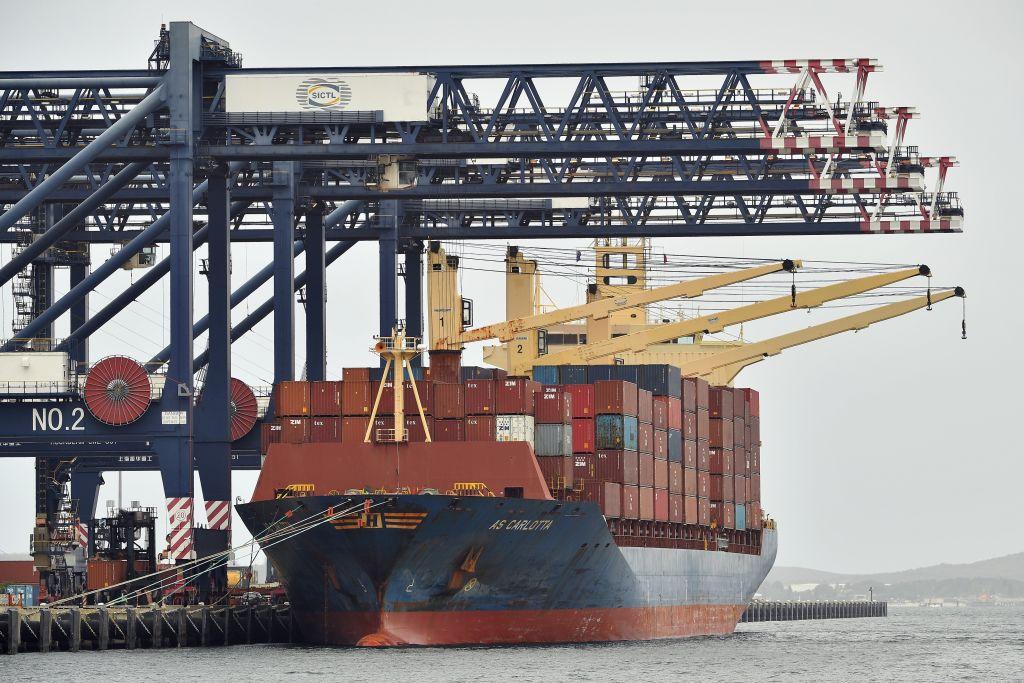Australia is optimistic that the Chinese communist regime will withdraw punitive tariffs on more Australian commodities following a recent lift on the barley trade sanction.
On Aug. 4, the Chinese Communist Party (CCP) made a surprise move by removing the 80.5 percent tariff imposed on Australian barley since 2020, citing changes to its “market situation.”





